Contributors
Elisabeth Adkins Marnik
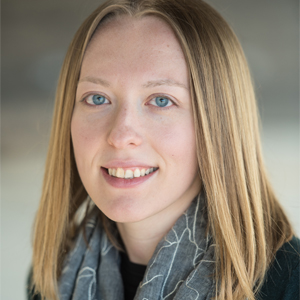
Elisabeth Adkins Marnik is the Director of Science Education & Outreach at the MDI Biological Laboratory in Bar Harbor, Maine, where she is spearheading the development of new programming. This work is driven by her passion for making science accessible to students and the public. She is an ASBMB Today volunteer contributor as well as the Chief Scientific Officer of Those Nerdy Girls. Follow her on Instagram @sciencewhizliz.
Articles by Elisabeth Adkins Marnik
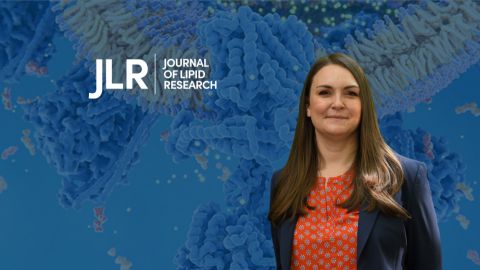
Profile
Meet Shannon Reilly
May 12, 2025
The JLR junior associate editor discusses the role of adipocytes in obesity at Weill Cornell Medical School.

Interview
Quieting the static: Building inclusive STEM classrooms
April 8, 2025
Christin Monroe, an assistant professor of chemistry at Landmark College, offers practical tips to help educators make their classrooms more accessible to neurodivergent scientists.
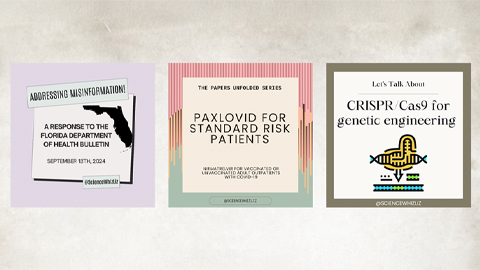
Science Communication
Leveraging social media to share science
Jan. 23, 2025
Scientist and educator Elisabeth Marnik explains how to combat misinformation, such as the popular myth that drinking bleach will prevent infections.
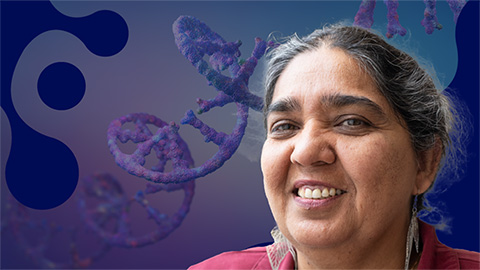
Award
Empowering students with scientific service learning
Nov. 22, 2024
Neena Grover will receive the William C. Rose Award for Exemplary Contributions to Education at the 2025 ASBMB Annual Meeting, April 12–15 in Chicago.

Essay
Barriers to public outreach — and why scientists need to overcome them
Sept. 25, 2024
When the author began to research why some scientists were hesitant to do this work, four main themes emerged.
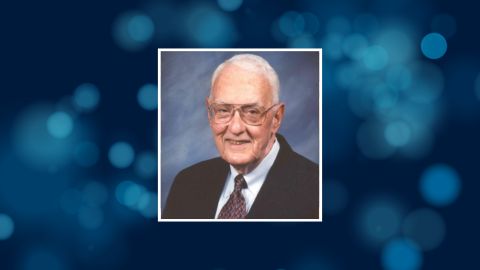
In Memoriam
In memoriam: Thomas Devlin
July 29, 2024
He was a professor emeritus of biochemistry at Drexel University College of Medicine and an ASBMB member for more than 60 years.
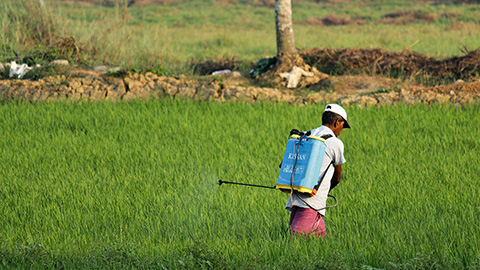
Journal News
Harnessing a natural plant insecticide for commercial use
June 25, 2024
Researchers in Australia have identified circular peptides, called cyclotides, that affect the formation of cell membranes, causing death or restricted growth.
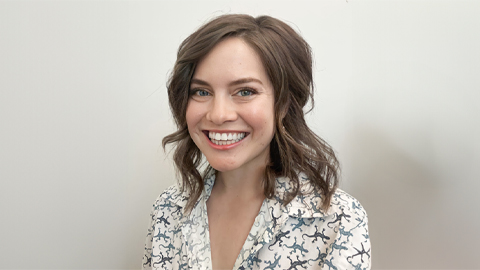
Profile
Bakers and mentors help a MOSAIC scholar change her life
May 2, 2024
Joanna-Lynn Borgogna studies the vaginal microbiome, the metabolome and the development of gynecological disorders in reproductive-aged women.
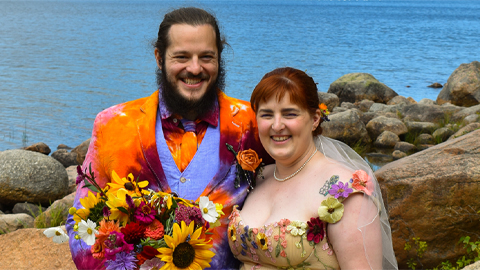
Profile
A series of happy accidents guided this MOSAIC scholar
Feb. 23, 2024
As an undergraduate studying psychology, Timothy Hines was introduced to the field of neuroscience.
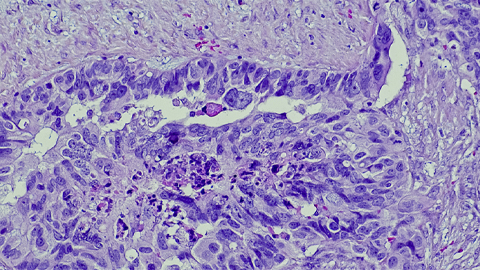
Journal News
From the journals: MCP
Feb. 2, 2024
Are proteomics helping to detect ovarian cancer? The challenges and promises of biomarkers. New technique helps detect protease cleavage. Read about recent papers on these topics.
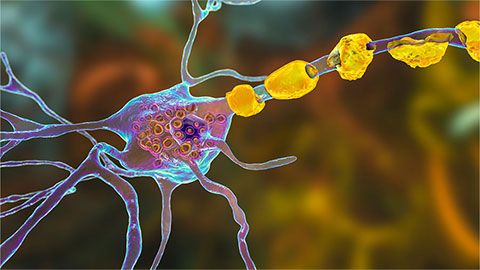
Health Observance
Understanding the cause of childhood Alzheimer's
Nov. 16, 2023
Today is World Sanfilippo Awareness Day.
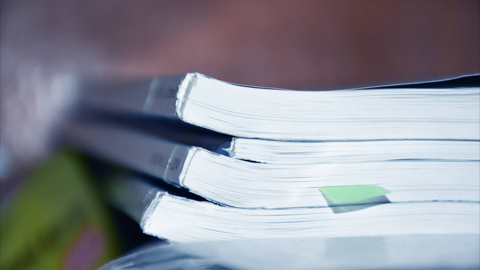
Reimagining
We need to make scientific papers understandable for nonscientists
June 29, 2021
The public is ill-equipped to understand scientists’ technical and jargon-filled writing, so people rely on the media and alternative sources for their scientific information. Sometimes this works out fine. Sometimes not.
